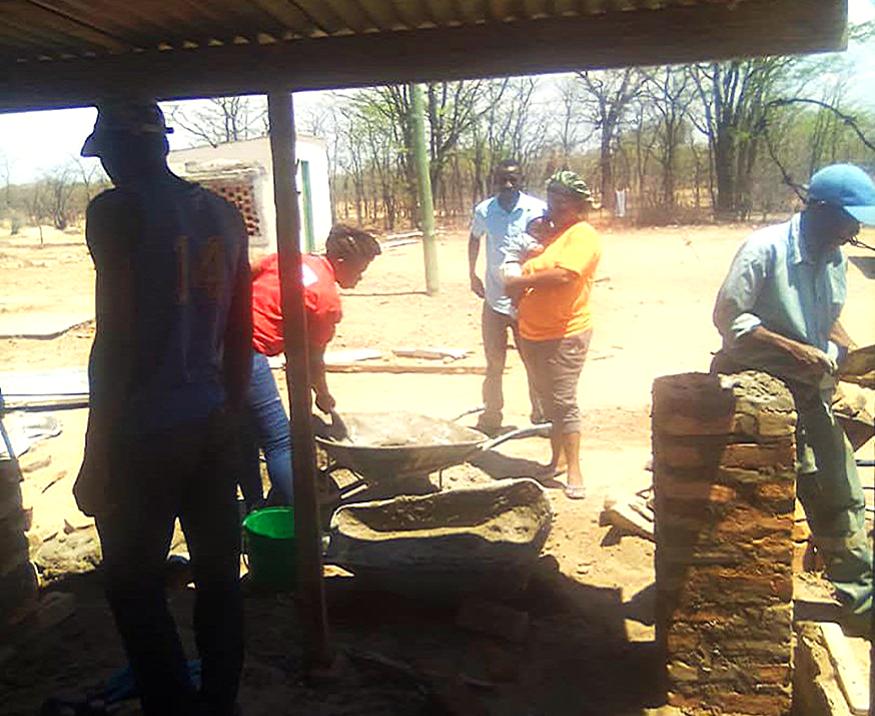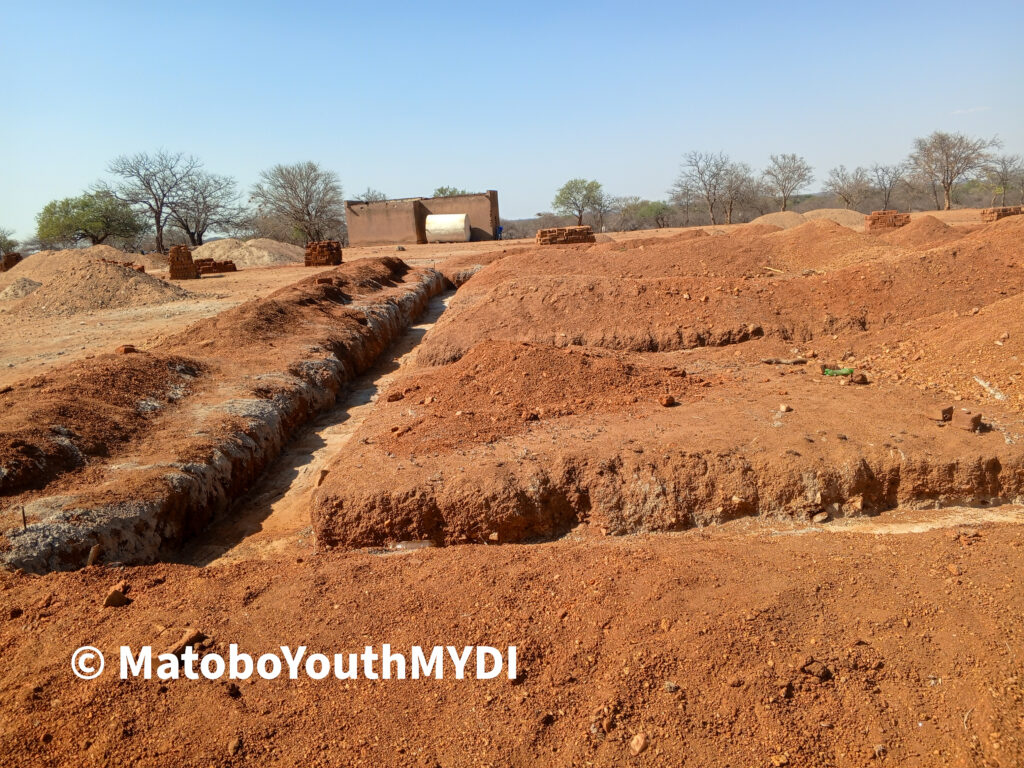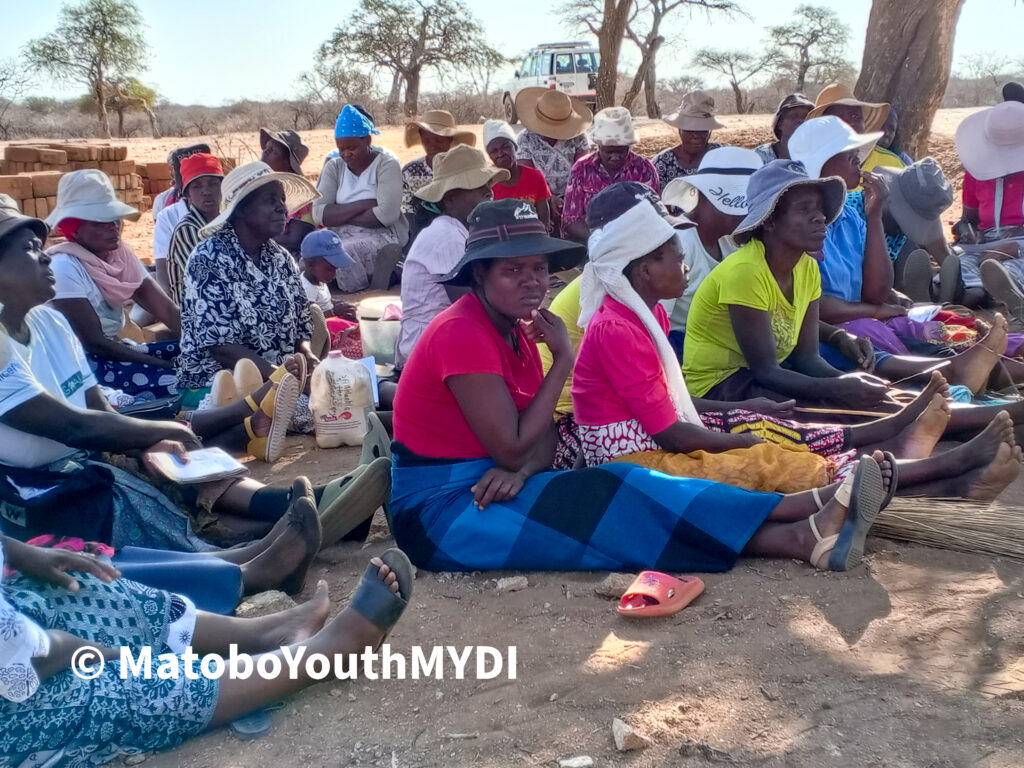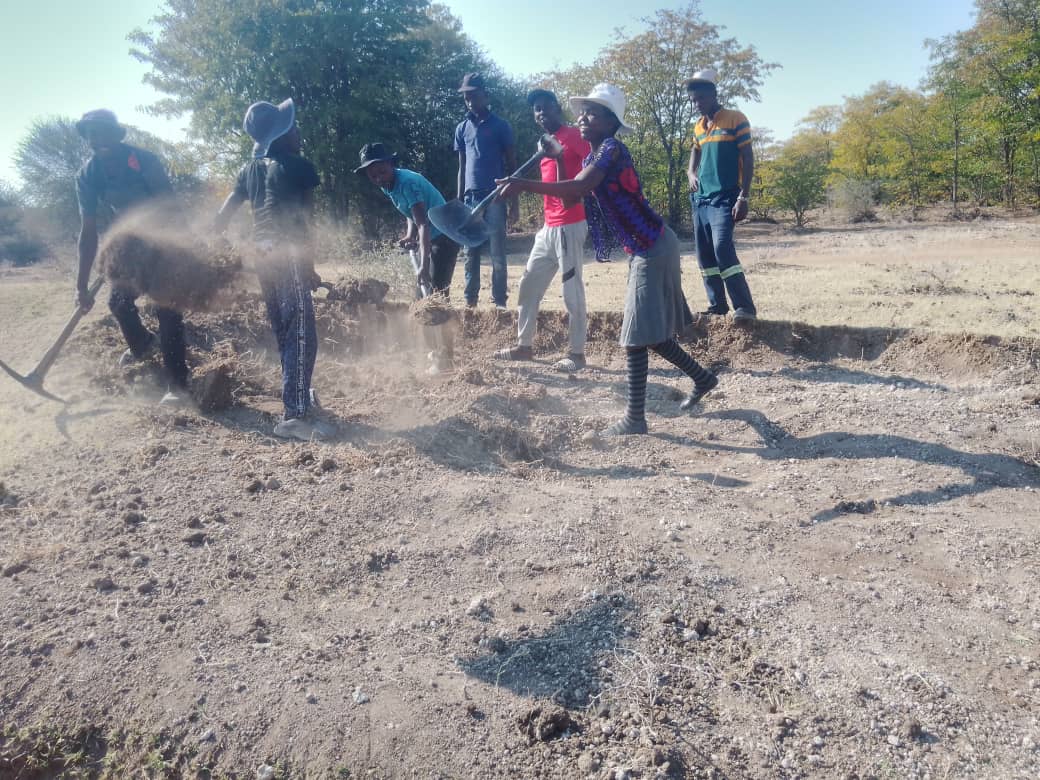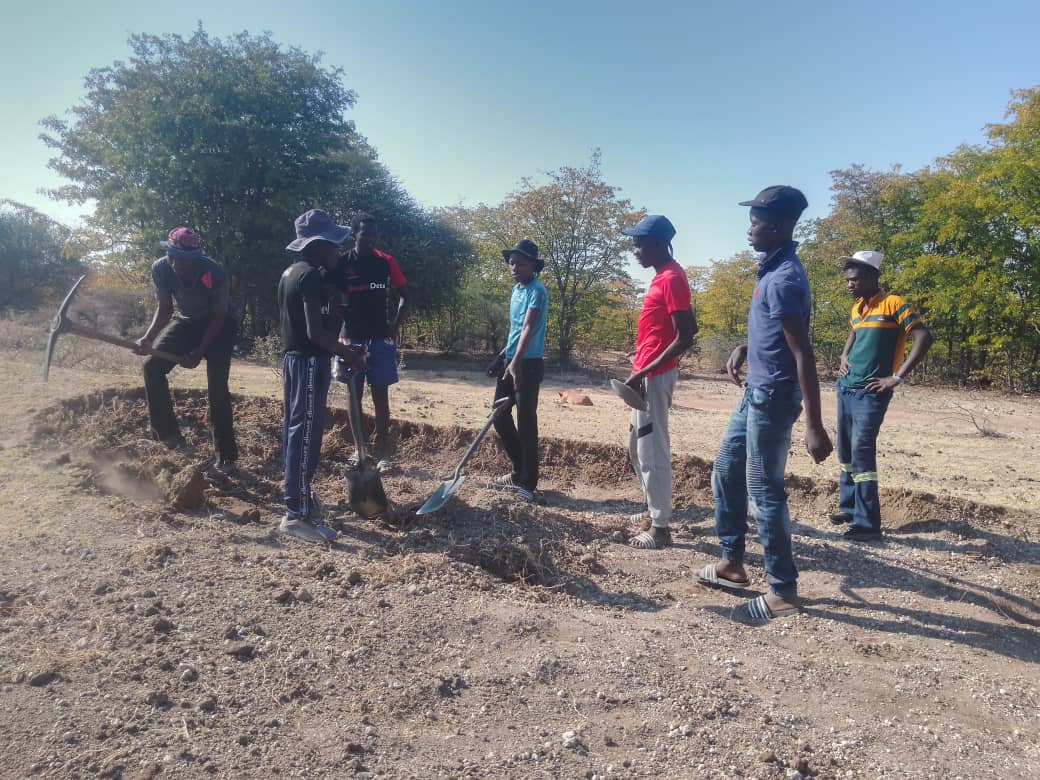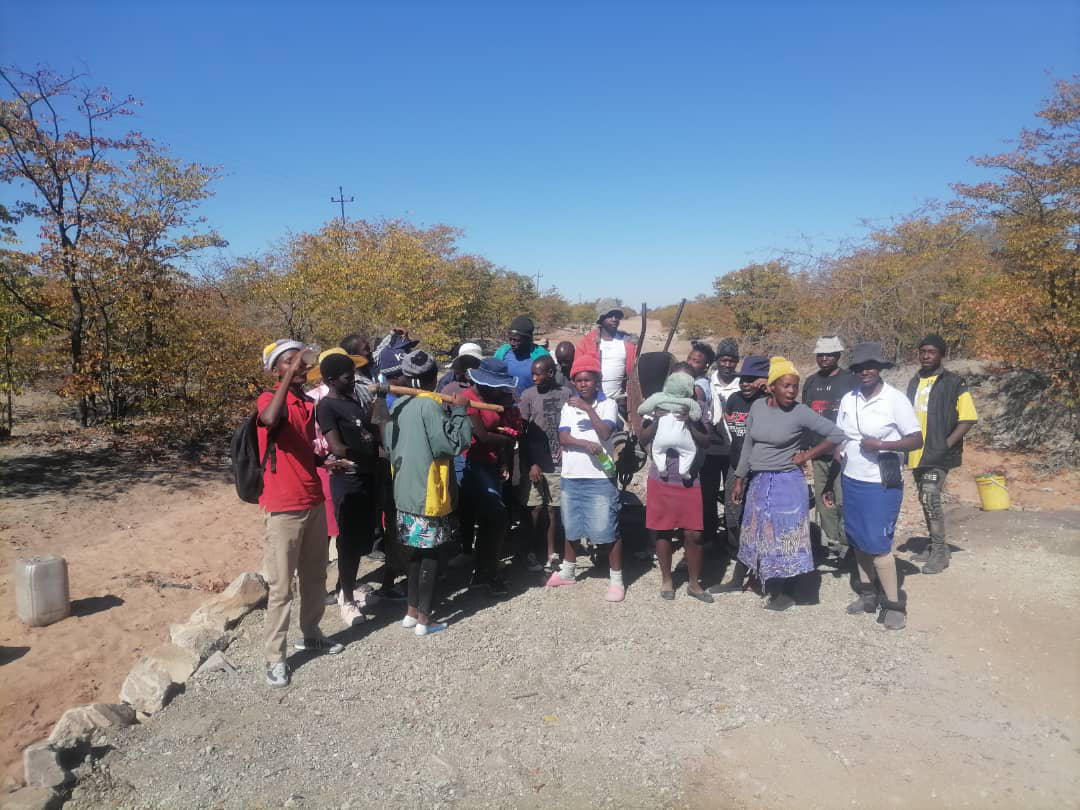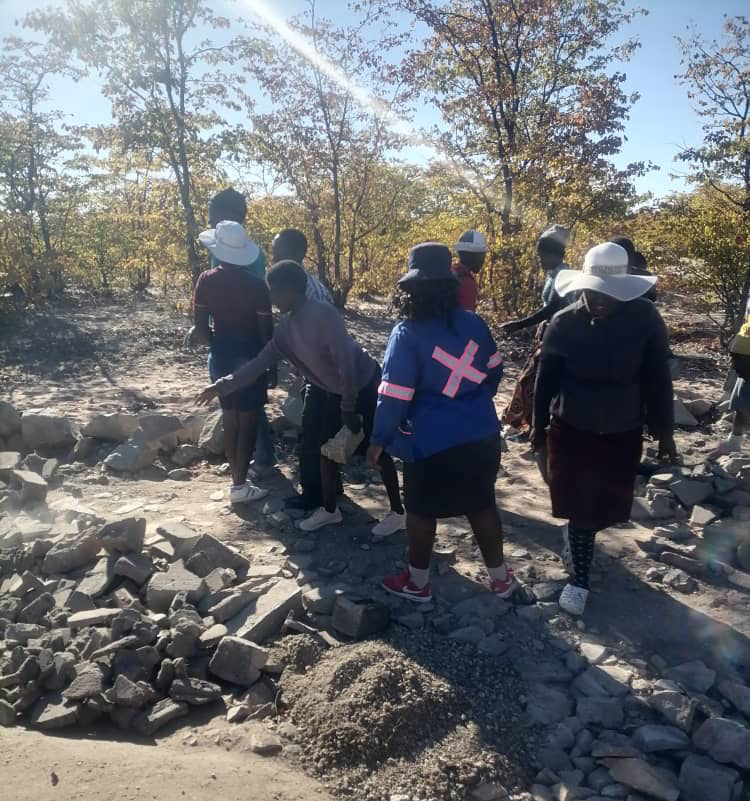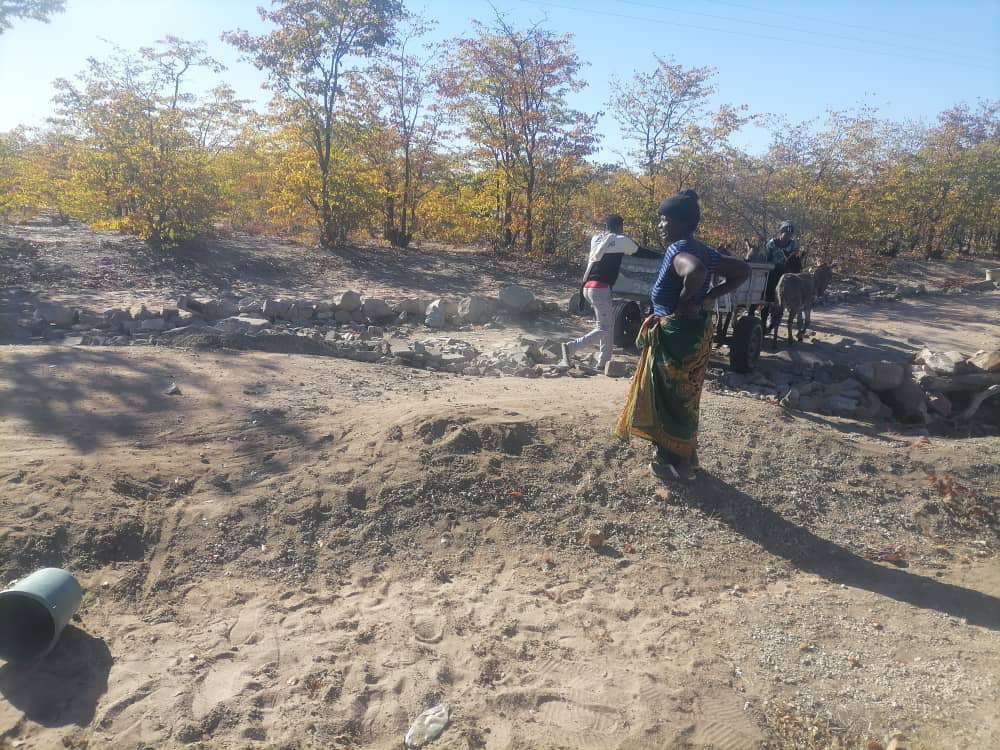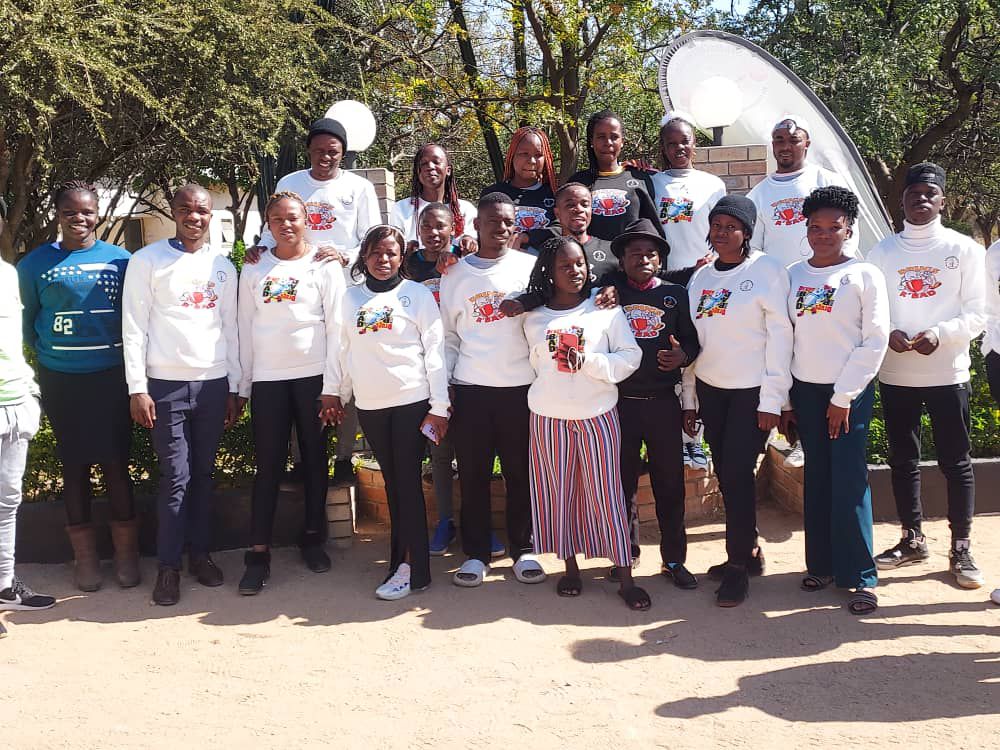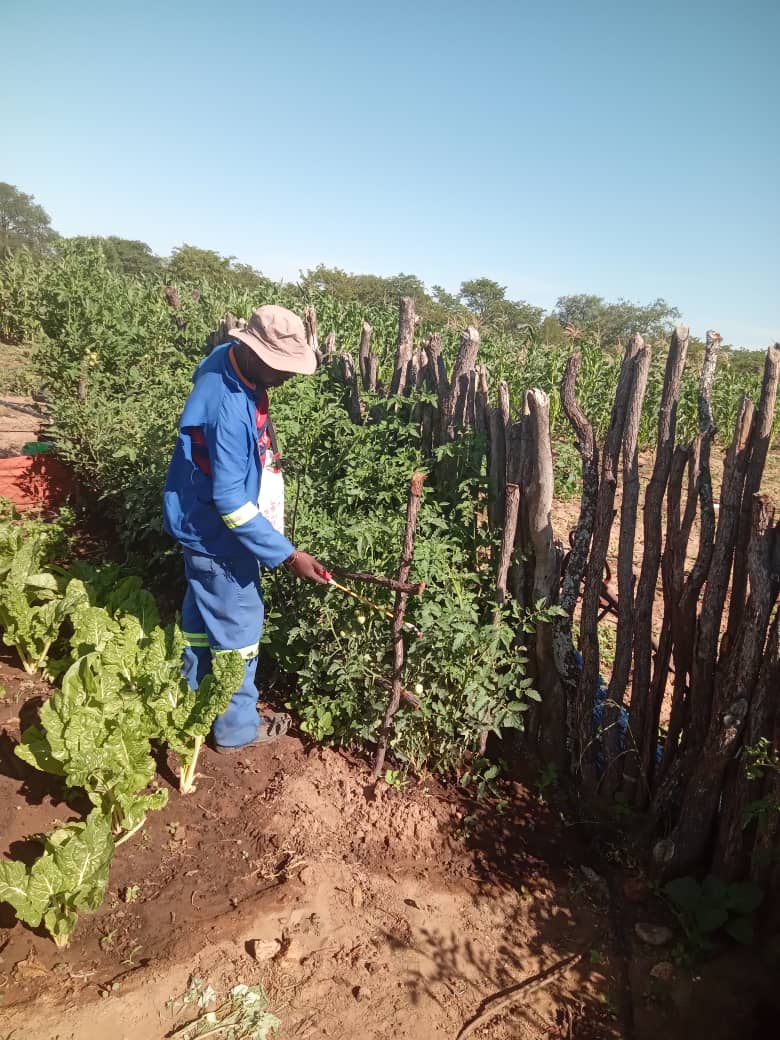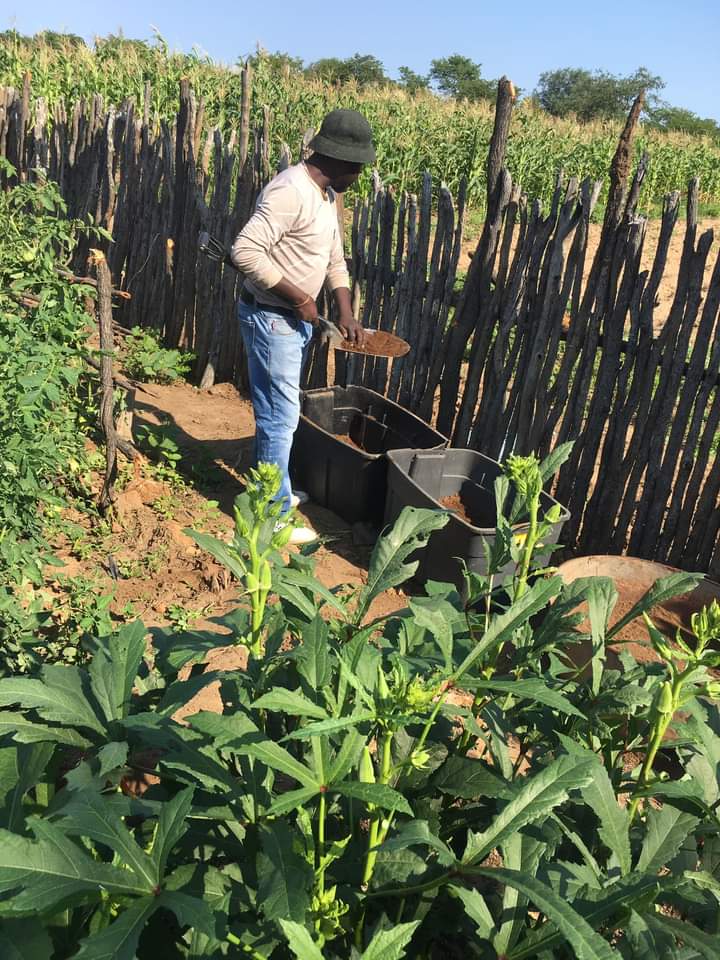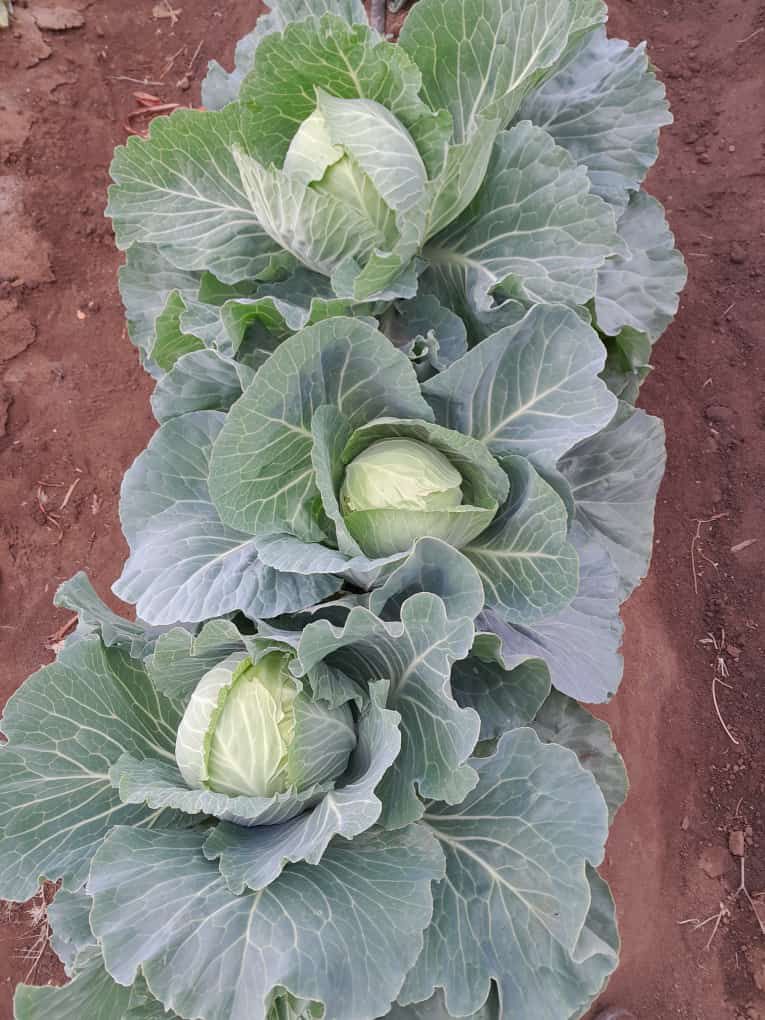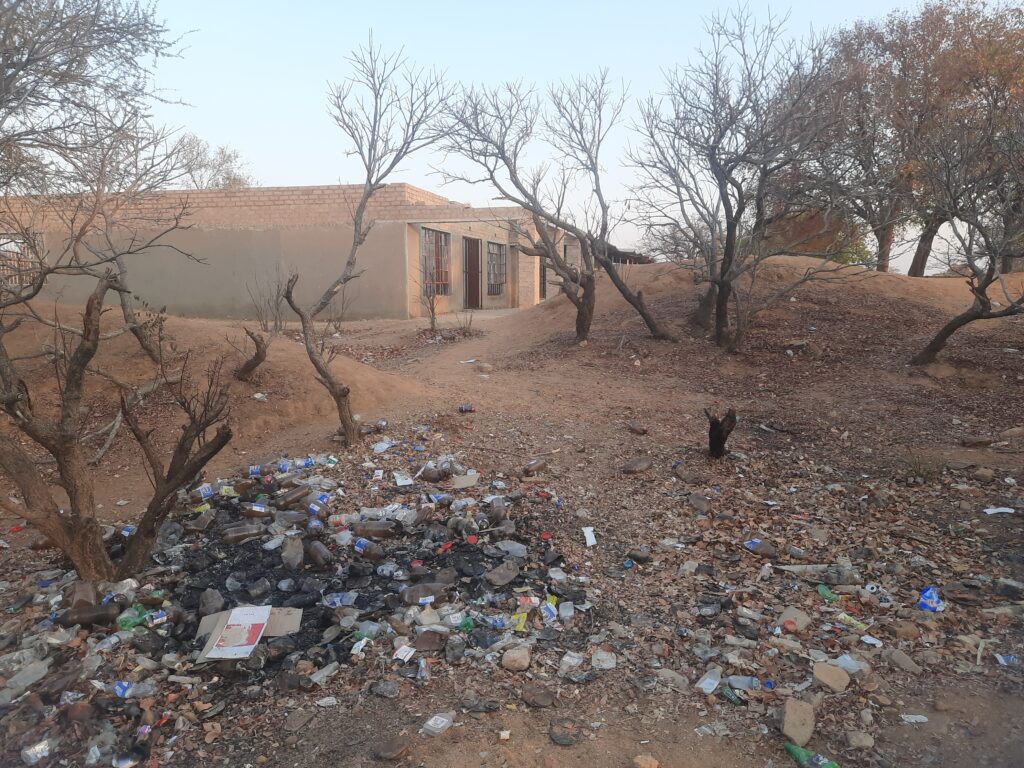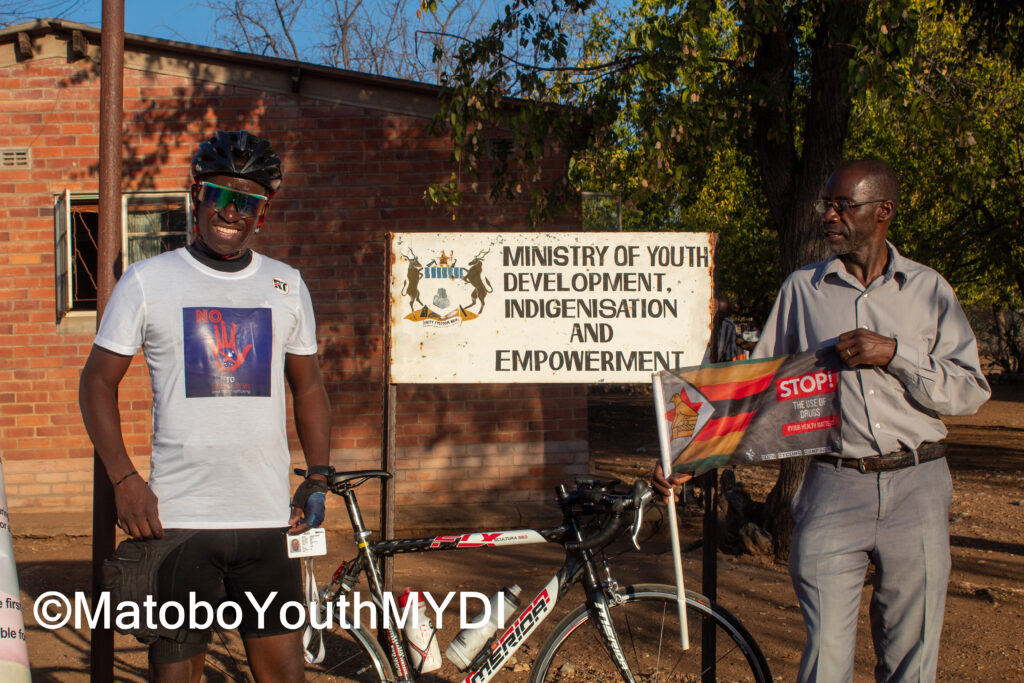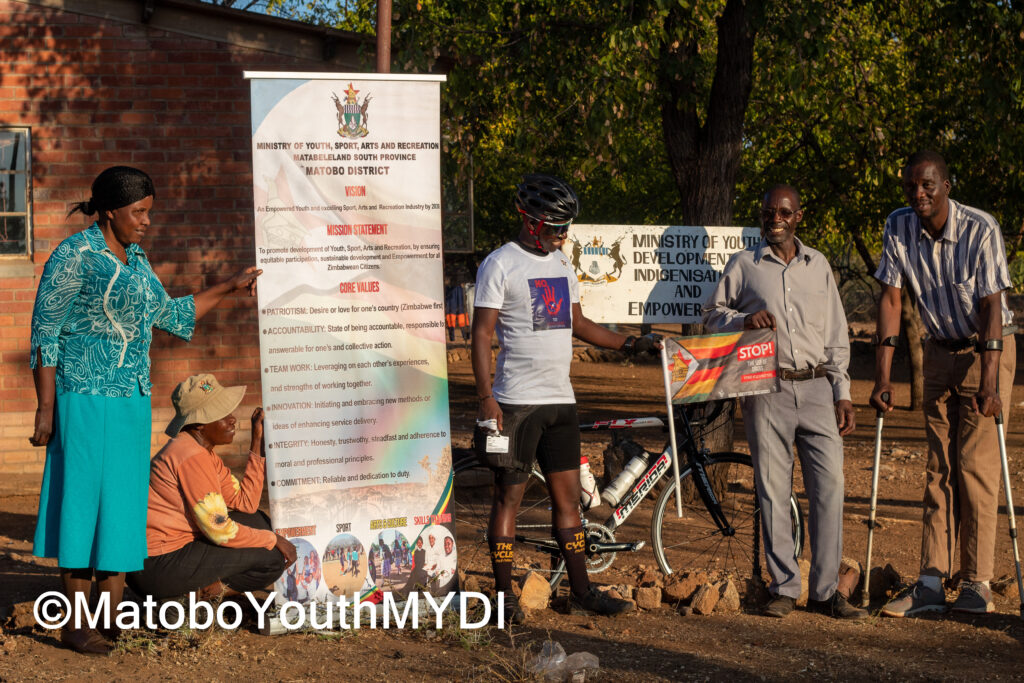By Podzani Tshuma
In 2022, Bhekinkosi Ncube, a young entrepreneur from Bezu in Ward 3, Bulilima, identified a need for skilled
welding services in his community.
With a vision to create employment opportunities for local youth, he established Bheki Steel Craft, a small
welding and fabrication business.
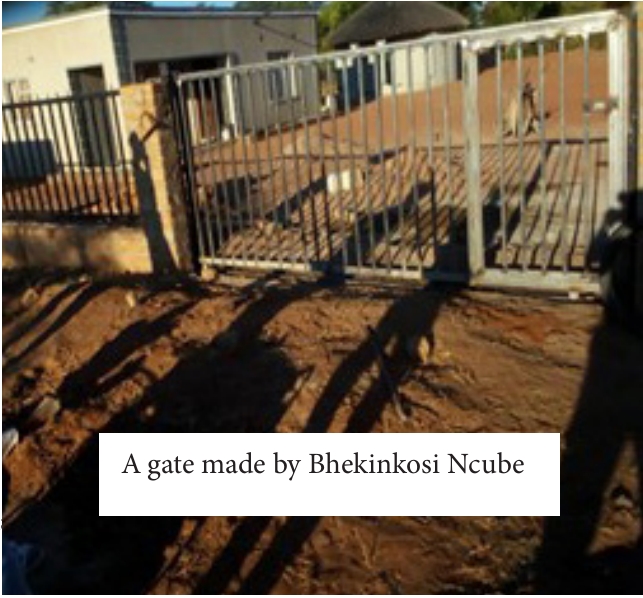
The growth of Bhekinkosi’s business has been driven by determination and hard work.
“I have noticed how unemployment has affected youths in my community, so my work seeks to bring
encouragement and motivation,” said the Entrepreneur.
He has been able to hire an assistant, bringing him closer to his goal of creating jobs for young people in his
community.
“I want my business to grow and become a big company in my community, creating more employment for
young people,” Bhekinkosi says.
Bhekinkosi has participated in financial literacy training and a Market Fair/Summit under the Young
Entrepreneurs Zimbabwe Arise (YEZA), a USAID supported project that has equipped him with valuable
knowledge on scaling up his business, managing his finances, identifying business opportunities and
networking opportunities.
These skills have positioned him for future success and growth.
As Bheki’s Steel Crafts continues to thrive, Bhekinkosi’s story serves as a testament to the power of
entrepreneurship and determination.
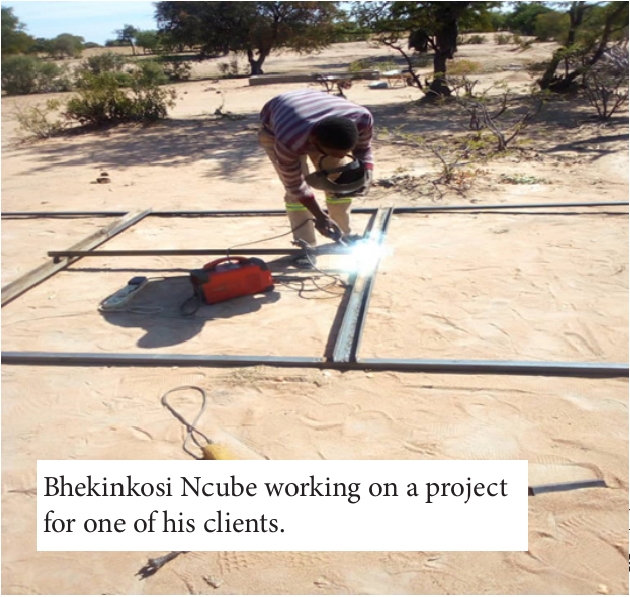
Podzani Tshuma is a Business Graduate Trainee for Matobo Youth Development Initiative (MYDI) operating in Bulilima
District for the YEZA project. MYDI is the implementing partner together with Regional PsychoSocial Support Initiative
(REPSSI) and is funded by USAID. For entrepreneurs and stakeholders in Bulilima who want to take part in the program
can reach Podzani at podzani@matoboyouth.org

